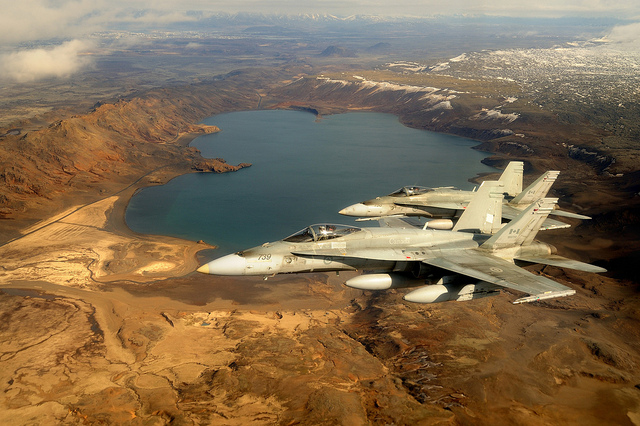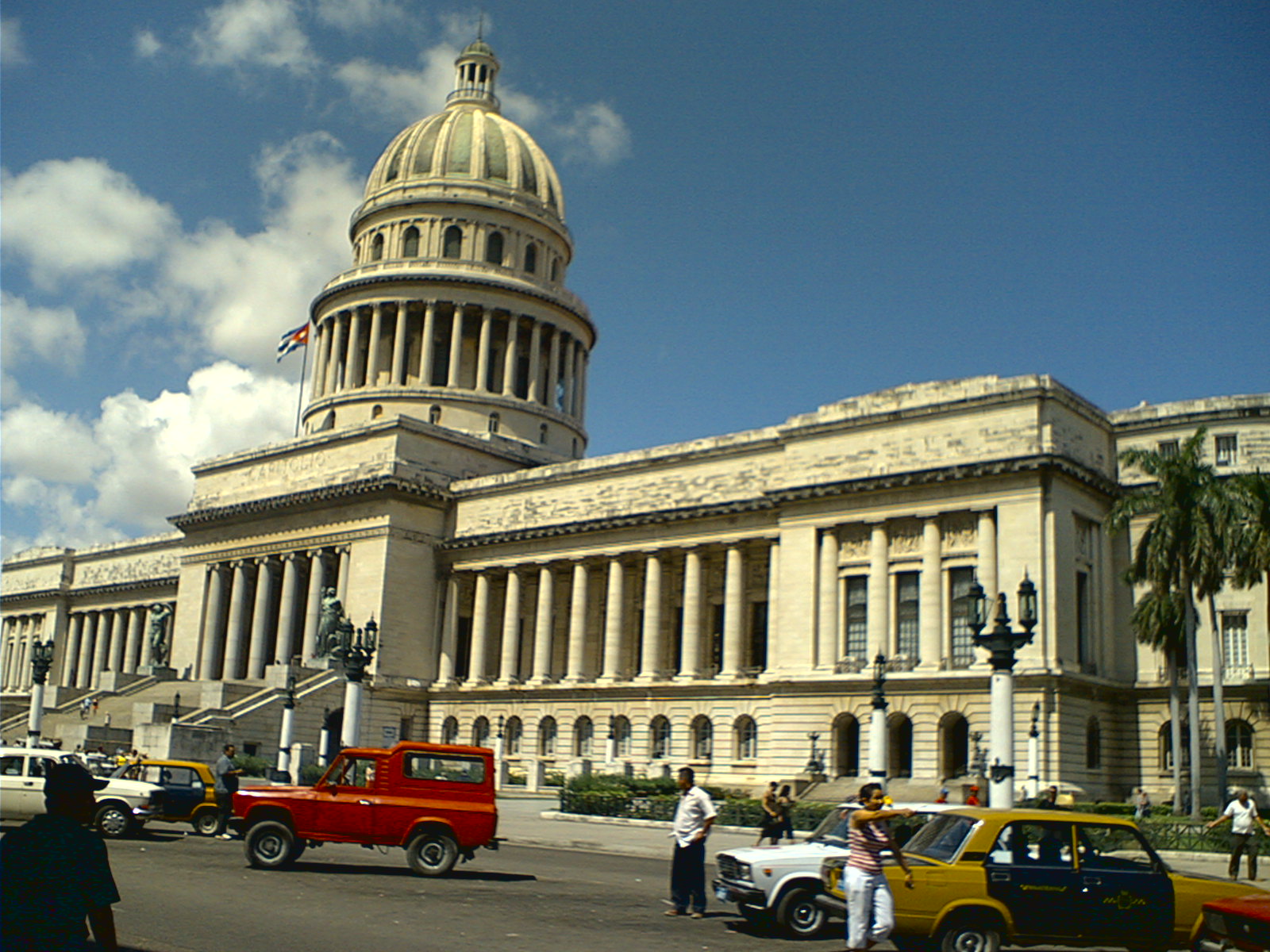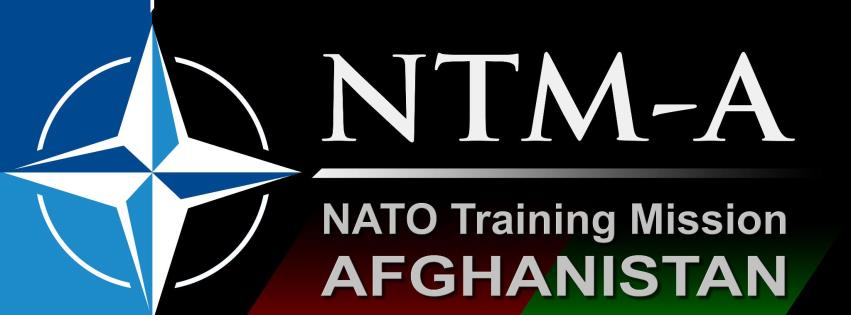Since the inception of NATO, Iceland has played a crucial role in helping to defend the Western alliance. However, Iceland has oftentimes been overlooked as a member state by the international community for its small size and lack of a standing army. Nevertheless, Iceland’s history and strategic geographic location has made the island nation pivotal in anti-submarine operations, an aspect on which it has capitalized with the help of the Canadian Armed Forces. While perhaps perceived as an unconventional ally, Iceland has proved its worth as a significant contributor during turbulent times.
Iceland is located in the middle of the Atlantic Ocean, making it a prime outpost for maritime operations. Though the country does not have an active army, it nevertheless possesses a highly motivated Coast Guard and a dedicated peacekeeping force known as the Iceland Crisis Response Unit. The lack of offensive ability is linked to Iceland’s cultural identity as a pacifist nation. After 1918, Iceland was declared a separate state of Denmark after centuries of Danish rule. After the fall of Denmark in April 1940, Iceland declared its temporary independence, allowing the country to declare itself a neutral party during the Second World War. However, Iceland’s location in the Atlantic was seen as a strategic outpost for both the Allies and the Axis countries. By May 1940, most of Scandinavia was controlled by the Third Reich, meaning that German U-Boats’ had a great deal of autonomy in the Atlantic Ocean. This meant serious consequences for the British War effort which relied heavily on Canadian merchant ships to deliver war material and food.
To prevent a complete monopoly of the Atlantic Ocean, Britain launched Operation Fork: the invasion of Iceland. The invasion which took place on May 10 1940, was met with no military resistance and Operation Fork was over within a day. However, the British high command was paranoid of a German attack to flush out the Royal Marines stationed in Iceland; thus reinforcements were needed. With the incoming invasion of France, Britain could not afford to divert any troops, so Canadian troops under the banner of “Z Force”, were sent to defend the isolated island nation. Therefore, began a mutual beneficial relationship between the two countries which helped modernize Icelandic infrastructure, while also providing the Royal Canadian Air Force and merchant convoys with an invaluable base of operation to counter German submarine warfare. Most notably, Victoria Cross recipient David E Hornell’s No. 162 squadron would perform anti-submarine operations from the RCAF base on Iceland. Despite the country’s reluctance to join the Allies, its participation during the Second World War created international relationships with the West which would continue during the Cold War.
The end of the Second World War marked a new era in defense when American troops took responsibility for the defense of Iceland. In 1949, despite popular pressure to stick with a pacifist foreign policy, Iceland reluctantly joined NATO. Indeed, the nature of the Cold War meant that this renewed pacifism would be repeatedly challenged. The 1950s for instance would prove to be especially controversial for Iceland’s role within the new alliance. The involvement of American forces during the Korean War for instance led Washington to believe an aggressive Soviet response would be imminent. This fear led Icelanders to allow American troops to re-install the Icelandic Keflavic base, but, in 1956, the Icelandic parliament would demand that US forces leave Keflavik base and dismantle four radar stations. The US, however, continued to maintain the Keflavik base until 2006.
This anti-American sentiment led Iceland to be known as a reluctant NATO ally. Despite its reluctance to cooperate with US forces, Iceland would continue its legacy from the Second World War as an ally crucial to anti-submarine warfare, especially as Warsaw Pact and NATO members turned towards nuclear powered submarine fleets. It may seem unusual for a NATO member to lack a standing army, but Iceland has proved time and time to be a valuable ally to the Alliance. Moreover, as Canada enjoys its international reputation as a peacekeeping nation, Iceland thoroughly sees itself through the lenses of pacifism and conflict-resolution. Both countries have a reputation of challenging the US during the Cold War, rejecting bilateralism in favour of renewed multilateral international diplomacy. For Iceland, this came to a climax with the Reykjavik Summit in 1986 between Ronald Reagan and Mikhail Gorbachev to limit the proliferation of nuclear arms. Though the Summit failed, Reykjavik has become a symbol for diplomacy, as demonstrated by a newfound desire by President Donald Trump to meet with Vladimir Putin at Reykjavik to once again discuss nuclear disarmament.
While Iceland may hold a reputation as a reluctant ally to NATO, perhaps a more fitting reputation would be as a progressive NATO member, fulfilling the role of international negotiation.
Photo: CF-18 jets fly over Iceland during Operation IGNITION 2013 (2013), by Cpl Pierre Habib, 3 Wing Bagotville via Flickr. Photo courtesy of Department of National Defense (DND).
Disclaimer: Any views or opinions expressed in articles are solely those of the authors and do not necessarily represent the views of the NATO Association of Canada.




